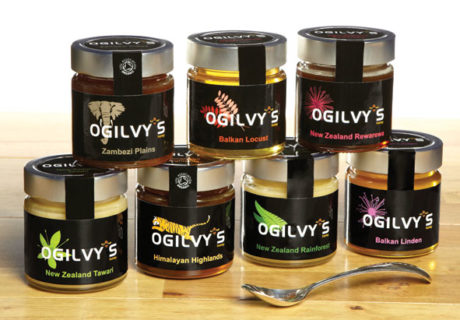Food supplement trade association EHPM says that many of the negative opinions on claims delivered by the European Food Safety Authority (EFSA) have been the result of failures in the assessment system.
Now the Association has written to the European Commission urging it not to automatically consider claims that have received negative opinions from the European Food Safety Authority (EFSA) as rejected.
In a letter to the Commission EHPM says that a number of article 13.1 claims dossiers that have received unfavourable EFSA opinions have not been because a cause and effect was not established, but because the information provided didn’t meet the expectations of the EFSA — for example the substance “not being well characterized” or there being insufficient data.
EFSA published its final batch of article 13.1 claims opinions at the end of July, which are now being considered by the European Commission as it develops a draft Union List of claims permitted for use in the EU. To date, just 20% of the 2,150 ‘general function’ claims assessed by the EFSA have been approved.
“Claims given negative EFSA opinions should not automatically be considered as rejected,” said EHPM Director of European Policy Cynthia Rousselot. “It is important to remember that no guidelines were available from EFSA as to how much scientific evidence was needed or regarding its method for dossier evaluation until well after the deadline for submission.”
“Many of the unfavourable opinions are the result of failures in the procedures, namely a lack of clarity on a number of important issues,” she continued. “The first opportunity that the sector had to discuss EFSA’s assessment of the article 13 claims came three years after the claims were submitted and after EFSA had already delivered opinions on 936 claims. We are very concerned about the large number of claims that have received negative opinions and have throughout the process called for further evaluation regarding EFSA’s assessment criteria, which we believe is not appropriate for food research.”



